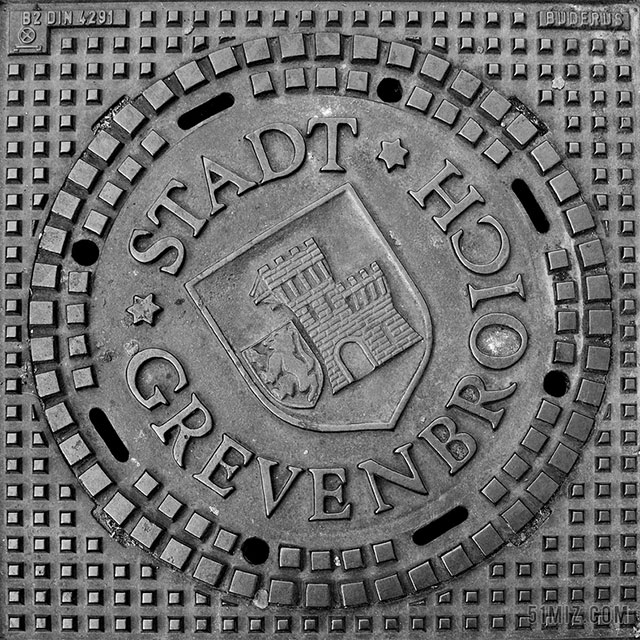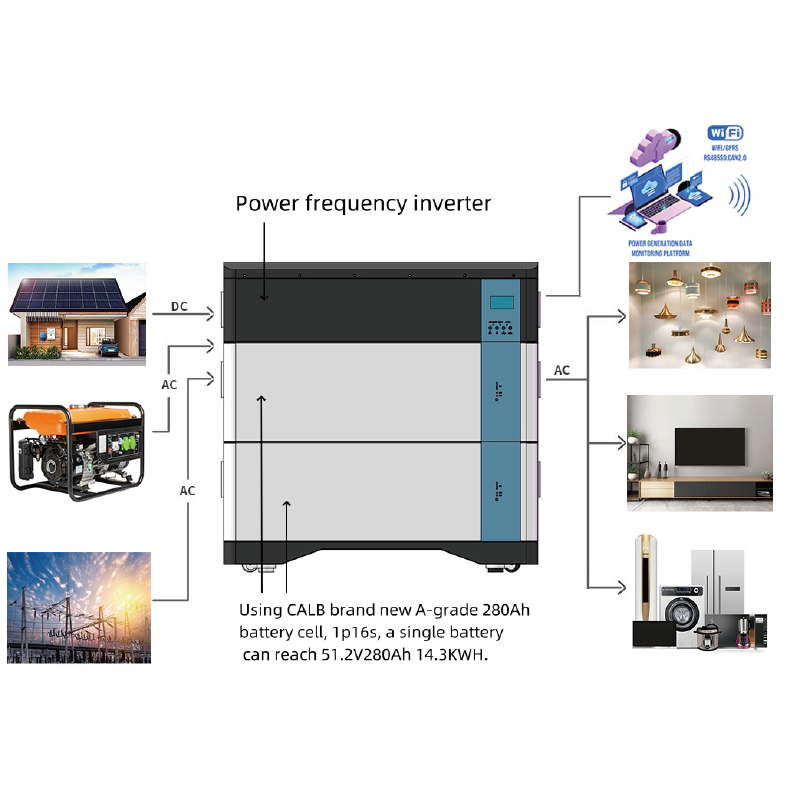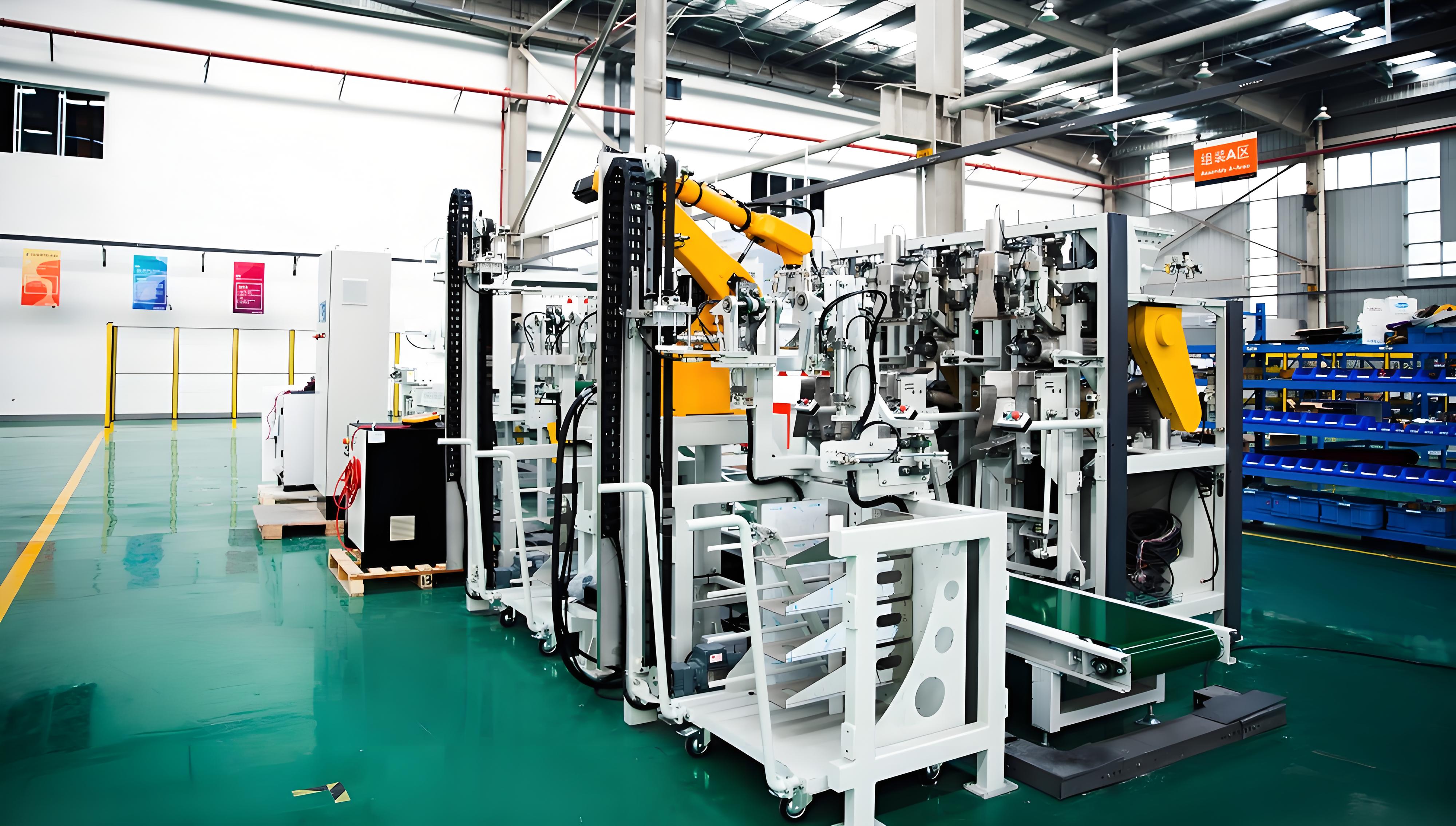Mortar, a vital component in construction, serves as the binding agent that holds bricks, stones, and other building materials together. The strength and durability of mortar are crucial for the stability and longevity of structures. In this blog post, we will delve into the intricacies of mortar composition and explore the factors that contribute to the strongest mix for mortar.
- Understanding Mortar Composition:
Mortar typically consists of four primary ingredients: cement, sand, water, and additives. The proportions of these components play a pivotal role in determining the strength of the mortar. - Cement Selection:
The choice of cement greatly influences the strength of the mortar. Portland cement, commonly used in construction, is renowned for its excellent binding properties. However, variations such as Type S or Type N cement can be employed based on specific project requirements. - The Role of Sand:
Sand acts as a filler in mortar, providing bulk and reducing shrinkage. The selection of sand is crucial, as different types possess varying particle sizes and shapes. Fine sand with a consistent particle size distribution is preferred for achieving optimal strength. - Water-to-Cement Ratio:
Maintaining an appropriate water-to-cement ratio is vital for mortar strength. While water is essential for the hydration process, excessive water can weaken the mortar. Achieving the right balance is crucial to ensure proper hydration without compromising strength. - Additives for Enhanced Performance:
Additives can be incorporated into the mortar mix to enhance specific properties. These additives may include plasticizers, air entrainers, or accelerators, depending on the desired outcome. Careful consideration of the project requirements is necessary to select the appropriate additives. - The Impact of Curing:
Proper curing techniques significantly impact the strength of mortar. Adequate moisture retention and temperature control during the curing process promote optimal hydration, resulting in stronger mortar. - Testing and Quality Control:
Regular testing and quality control measures are essential to ensure the mortar's strength meets the desired standards. Compressive strength tests, conducted on mortar samples, provide valuable insights into the effectiveness of the mix.
Conclusion:
Creating the strongest mix for mortar requires a meticulous understanding of the composition, cement selection, water-to-cement ratio, and the role of additives. By carefully considering these factors and implementing appropriate testing and quality control measures, construction professionals can ensure the durability and longevity of their structures.



